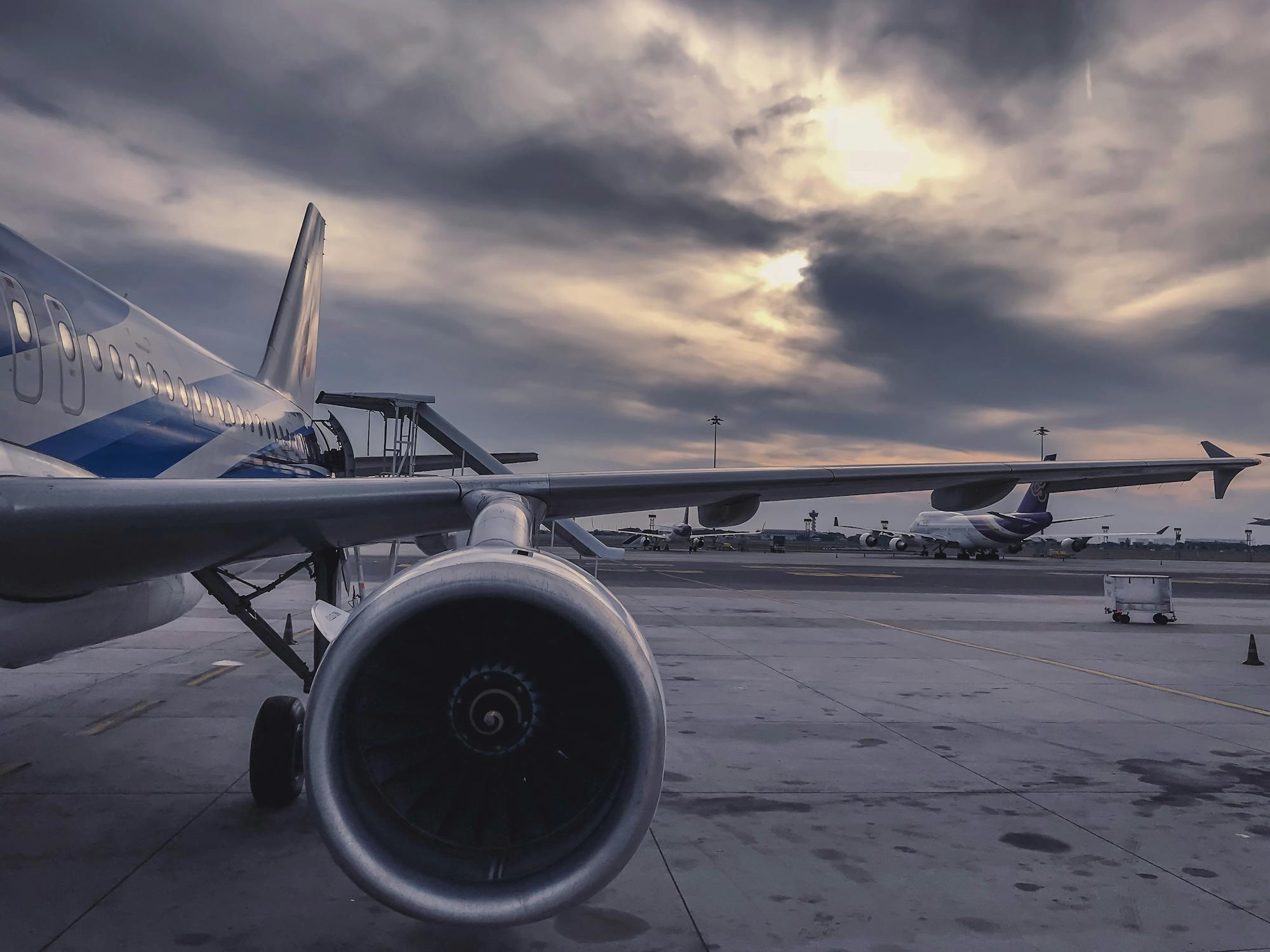Flying Forward: How Airlines are Adapting to Changing Technology Trends
The aviation industry is constantly evolving, with new technology and trends shaping the way airlines operate. From the use of data analytics to the implementation of artificial intelligence and robotics, airlines are continually seeking new ways to enhance the passenger experience and improve their operations. In this article, we will explore some of the key technology trends that are driving innovation in the airline industry.
Data Analytics: The Key to Optimizing Airline Operations
One of the most significant trends in the airline industry is the use of data analytics. Airlines are collecting vast amounts of data on everything from passenger preferences to flight schedules to weather patterns. By analyzing this data, airlines can gain valuable insights into their operations and make informed decisions about how to optimize their business processes. For example, airlines can use data analytics to predict which flights are likely to be delayed or cancelled, and adjust their schedules accordingly. They can also use data analytics to identify trends in passenger behavior, such as which routes are most popular, and tailor their services to meet these needs.
AI and Robotics Revolutionize the Airline Industry
Another trend that is transforming the airline industry is the use of artificial intelligence (AI) and robotics. Airlines are increasingly using AI and robotics to automate routine tasks, such as check-in and baggage handling, and improve the efficiency of their operations. For example, some airlines are using AI-powered chatbots to provide customer service to passengers, while others are using robots to clean aircraft cabins and reduce turnaround times between flights.
Innovative Passenger Experience Technologies
In addition to AI and robotics, airlines are also exploring new technologies to improve the passenger experience. For example, some airlines are using virtual and augmented reality to provide passengers with immersive in-flight entertainment experiences, while others are experimenting with biometric identification to streamline the boarding process. By using biometric identification, passengers can board their flights quickly and easily, without the need for a physical boarding pass or ID check.
Sustainable Aviation Fuels
Another area of innovation in the airline industry is the development of sustainable aviation fuels (SAF). SAFs are a form of biofuel that are made from renewable sources, such as vegetable oils and animal fats. They are considered to be a more environmentally friendly alternative to traditional fossil fuels, as they emit fewer greenhouse gases. Some airlines are already using SAFs on a limited basis, and there is growing interest in the industry to expand their use.
The Sharing Economy
Finally, the rise of the sharing economy is also having an impact on the airline industry. Companies like Airbnb and Uber are changing the way people travel, and airlines are starting to take notice. Some airlines are partnering with these companies to offer integrated travel experiences, while others are developing their own sharing economy platforms. For example, some airlines are experimenting with peer-to-peer aircraft sharing, allowing private owners to rent out their planes to other passengers. One aviation startup that is leading the way in the sahringe conomy is BLADE founded by Rob WIesenthal. The company allows passengers to book chartered flights and then share the seats through their app for others to book.
In conclusion, the airline industry is undergoing a period of rapid innovation, driven by the use of data analytics, AI and robotics, new passenger experience technologies, sustainable aviation fuels, and the rise of the sharing economy. These trends are shaping the way airlines operate, and are likely to continue to do so in the years to come. As airlines adapt to these changes, they will be better positioned to provide passengers with a seamless travel experience and improve the efficiency of their operations.

